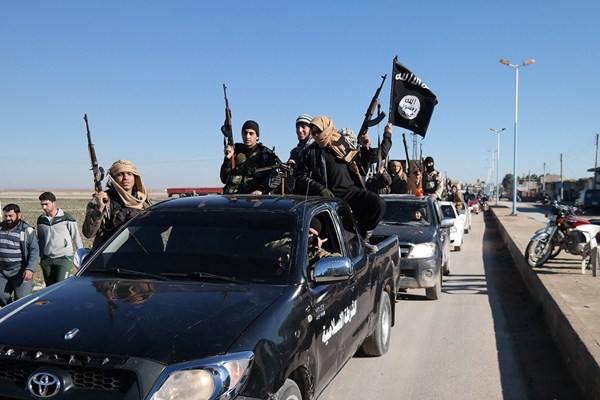It’s not hard to understand what motivates local Iraqis and Syrians to fight for the self-proclaimed Islamic State (IS). Most believe they are defending their community, Sunni Arabs, against repression from the Alawite-dominated Syrian dictatorship or the Shiite-dominated Iraqi government. But the motives of the estimated 20,000 foreign fighters that have joined IS are more complex, tied to deep psychological factors that make them less amenable to political solutions and more difficult to address.
Every insurgent movement includes people with diverse motives. Yet the counterinsurgency doctrine of the United States and its NATO partners gravitates to political and economic grievances, assuming that if these are resolved then support for the insurgents will fade away and the diehards can be killed or captured. This may apply to IS’ local Iraqi and Syrian fighters, but offers few insights for addressing the motivation of foreign fighters disconnected from local grievances.
Often foreign fighters are driven by what terrorism experts Jessica Stern and J.M. Berger call “internal motives,” such as a need to belong to something greater than themselves, a quest for personal empowerment or a desire to feel and be seen as heroic. Being a fighter provides celebrity status for bored, disaffected young men who lack power and prestige in their normal lives. It appeals to those too impatient to work toward and wait for the empowerment and other rewards that normally come with age and professional success. ForIS’ foreign fighters, religion is often a less important motivation than youthful rebelliousness and a quest for adventure, both amplified by peer pressure. In fact, as Stern and Berger point out, recent converts with a limited understanding of Islam are disproportionately represented among foreign fighters.

